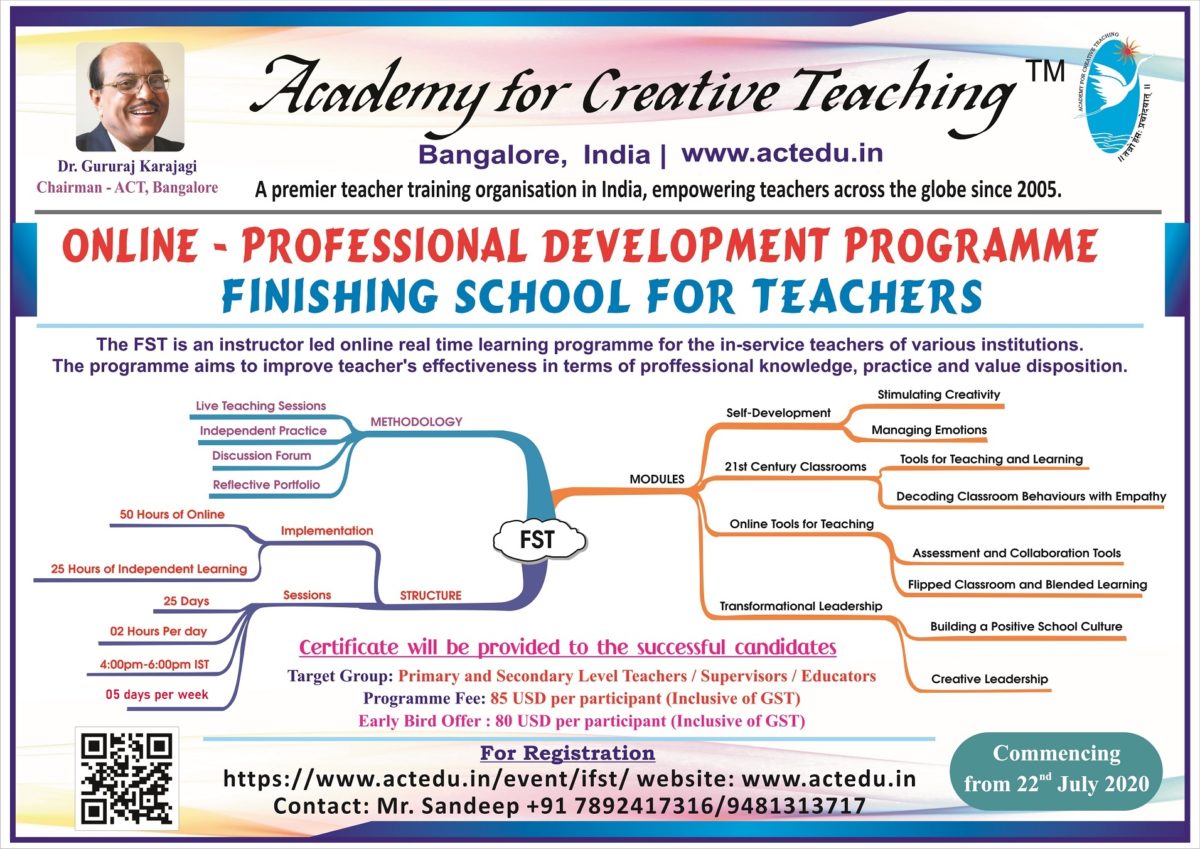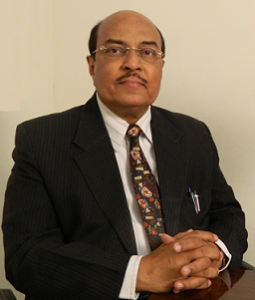Description
Life in 21st century has ushered in unparallel levels of change, especially for those who work in areas that are impacted by advances in technology. Because of the pace of change, many experts now argue that creativity and creative problem solving are crucial for professional success. Indeed, in several recent reports the World Economic Forum has consistently identified creativity as one of the top three most important workplace skills. Unfortunately, most schools and organizations are not effective in developing these essential skills. The fact that creativity is in demand and that educational practices do more to undermine, than promote, creative thinking represents a real threat to individual and societal achievement and well-being. This special programme is based on more than 50-years of practice at the International Center for Studies in Creativity. The pioneering creativity programme in which Brainstorming and Creative Problem Solving were developed and tested.
Focus of the session:
This programme will feature principles and practices that have been empirically proven to enhance the creative thinking abilities of students and adults.
Who can attend: Teachers, Educators, Professors, Deans, Principals, Teacher Educators, and Institutional Heads
Programme Date: 27th and 28th August 2020
Number of Days: 02
Duration of the Session: 02 Hours (1 hour 15 minutes presentation and 45 minutes Q & A)
Session Timings: 6:30pm-8:30pm (IST)
Webinar fees ( for Indian Participants) : 999 INR + GST
For Overseas Participants : 35 USD
Description
Teaching is an eminently creative work. It is in fact like performing art. Like a dancer or a musician, a teacher goes on performing a solo act day after day and year after year. For every performance, a musician or a dancer prepares so much to give effect to the performance. He/she gets the make-up done; wears the appropriate dress; checks up the instruments needed. All these prior preparations make the performance a success. Teaching is a more serious and continuous performance. Do we prepare so seriously for our classes or take them casually? That decides the quality of a teacher and his creativity.
All learners have the same potential but if information is provided in their preferred style of acquiring information, they are motivated to learn, they relate to the content emotionally and proactively make efforts to learn. They pay attention and work on gaining mastery over the content. An empowered learner, an encouraging and responsive learning environment leads to more responsible and mature learners. Thus, creative teaching takes into account the levels of knowledge, skills and values to be attained and categorically distributes equal responsibility to the teacher and the learner to make the learning joyful, exciting and challenging.
Focus of the session: This programme will feature principles and practices that have been empirically proven to enhance the creative thinking abilities of students and adults.
Who can attend: Teachers, Educators, Professors, Deans, Principals, Teacher Educators and Institutional Heads.
Webinar Date: 5th September 2020, Saturday
Number of Days: 01
Duration of the Session: 02 Hours (1 hour 15 minutes presentation and 45 minutes Q & A)
Session Timings: 5:00pm-7:00pm (IST)
Webinar Fees : ( for Indian Participants) : 499 INR + GST
For Overseas Participants : 15 USD
- Teaching Thinking Description:
We all agree to the fact that in addition to content knowledge, students in the 21st Century need to acquire particular skills to equip them for a modern world of work, one of which is the ability to think – and think well. Students need to effectively use mental processes to solve problems, make decisions, ask questions, make plans, pass judgements, organise information, create new ideas, etc. In this context, teachers play a crucial role in teaching thinking skillfully and teachers are also responsible for creating a stimulating and supportive classroom climate.
Focus of the session:
Teaching Thinking:
The session will explore ways of teaching thinking in classrooms, going beyond instrumental models in order to set out a vision of pupils as thinkers, engaging and interacting with the world around them. Through the introduction of a continuum of four key aspects of learning, an educational approach will be outlined that can support educational professionals in developing pupils’ cognition, metacognition, criticality and creativity.
2. Differentiated Instruction Description: Differentiation is a way of teaching; It asks teachers to know their students well so they can provide each one with experiences and tasks that will improve their learning. Differentiating instruction means that you observe and understand the differences and similarities among students and use this information to plan instruction. Teachers can differentiate instructions based on student readiness, interest, or learning profile. The differentiation is in terms of content, process, products, or the learning environment, the use of ongoing assessment and flexible grouping makes this a successful approach to instruction.
Focus of the session:
Differentiated Instruction: The session will outline some key principles underpinning differentiation in the classroom. This approach is framed by the University of Strathclyde’s ‘three domains’ model, exploring how educational professionals can differentiate for their pupils in terms of cognitive knowledge and skills, cultural and social capital and their personal and social identities. This broader model enables differentiation strategies that are both impactful and person-centered. The potential benefits of high-quality differentiation for pupil wellbeing, through Csikszentmihalyi’s flow theory, will also be explored. This can be a powerful tool in creating a classroom where pupils and teachers flourish.
Who can attend: Teachers, Principals, School Leaders and Teacher Educators.
Programme Date:
| Teaching Thinking |
11th September 2020, Friday |
| Differentiated Instruction |
12th September 2020, Saturday |
Number of Days: 02
Duration of the Sessions: 02 Hours (1 hour 15 minutes presentation and 45 minutes Q & A)
Session Timings: 5:00PM-7:00PM (IST)
Webinar Fees : ( for Indian Participants) : 999 INR + GST
For Overseas Participants : 35 USD



